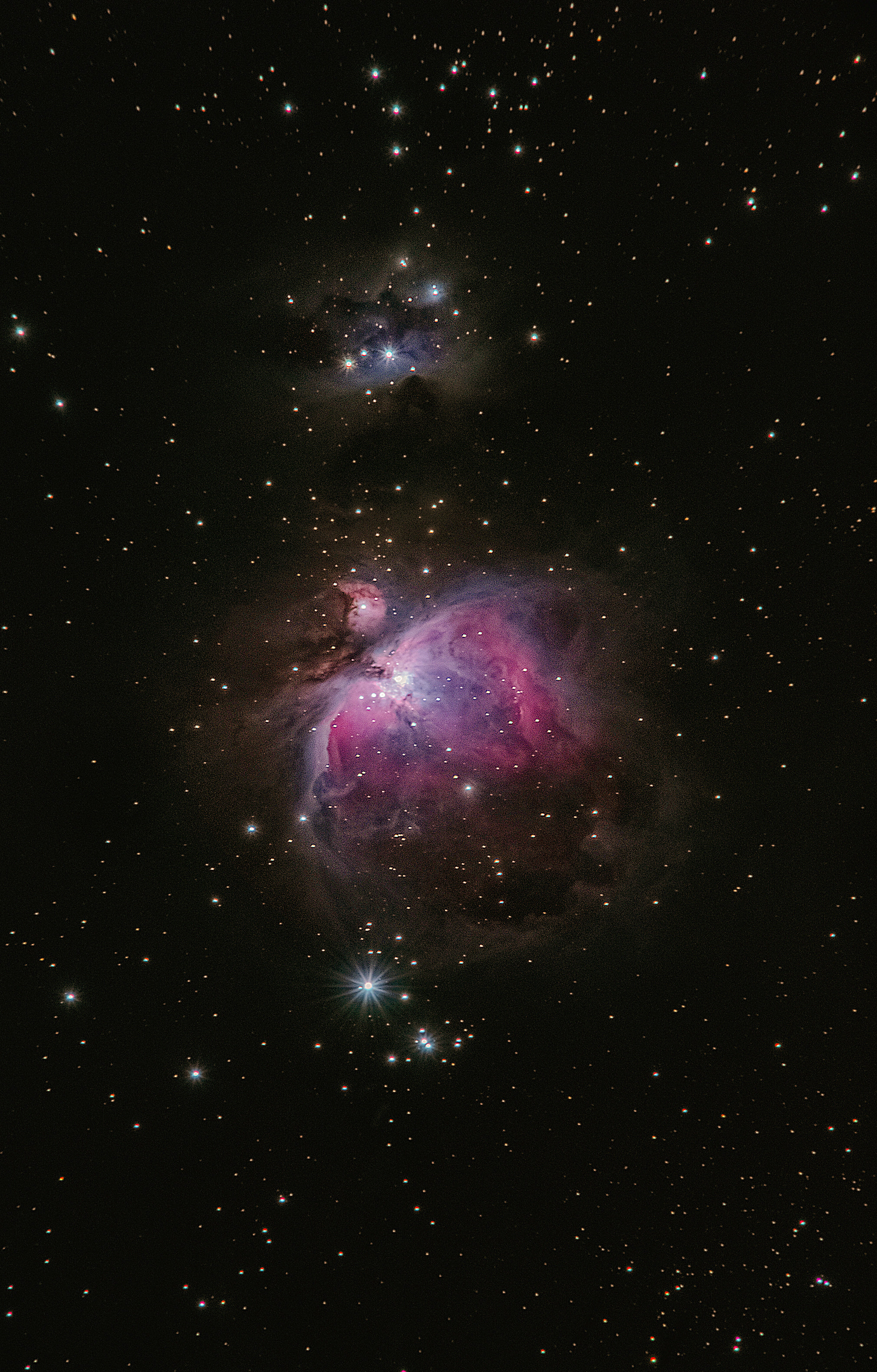Reflecting on Organizational Impact in Informal STEM Education
Welcome to the December edition of the Improved Insights Newsletter: a newsletter for folks in informal STEM learning spaces who want to learn more about how to measure and communicate the impacts of their work.
I’m Sarah M. Dunifon - a long-time STEM educator, evaluator, and equity advocate. After spending time working in museums, nonprofits, and higher education, I now work on cutting-edge informal STEM learning research and evaluation with my team at Improved Insights. We specialize in informal STEM learning and youth programs.
This monthly newsletter includes tips, resources, and news on informal STEM learning evaluation. We hope you find it valuable! Now, let’s get started —
Reflecting on Organizational Impact in Informal STEM Education
The end of the calendar year brings for many people a period of reflection on the year passed and planning for the year ahead. You may be setting your New Years Resolutions or writing up your annual report. It can be an important time to consider your systems and think about what to refocus your energy on in the coming year.
In this month's newsletter, we'll talk about questions you can include in a reflection process to help you understand and assess organizational impact. To read the full article, check it out in our Insights. In the meantime, here’s a taste:
For informal STEM learning organizations, you might be compiling metrics like the number of participants served across programming or annual funding raised. Much like in evaluation, where we like to look beyond metrics to other measures of effectiveness (e.g., building STEM identity, increasing awareness of STEM careers), I’d encourage you to think about other ways your organization might identify and reflect on your progress.
So, I’ve compiled a list of potential questions for you to ask yourself to assess your personal and organizational impact. I hope these provide some food for thought as you get ready for a period of rest followed by a brand new year.
The 2022 Year In Review: Reflecting on Organizational Impact
What metrics can I collect to show the collective impact of our work? These are things like: Program hours, people served, number of programs delivered, types of programs delivered (diff programs), number of social media followers, engagement with social media posts, number of newsletter or email subscribers, and funding secured.
Who supported us this year? Funders, subscribers, partners, etc.
Did we grow this year? If so, how?
Did we offer better programs or services this year? How do we know?
What did our participants find most impactful about our programs/work this year?
What areas of our practice need to be fine-tuned in 2023?
How can we build better data systems in 2023 to collect the information we need?
What impact stories can we tell about our organization?
ii Updates
2022 in Review
We had a fantastic year at Improved Insights. We worked with many extraordinary STEM organizations on projects ranging from multi-year evaluations to monthly recurring evaluation training sessions and capacity building.
Here are just a few of our highlights. In 2022, we worked with:
Science Friday, examining the community science (or citizen science) perspectives of its listeners.
The Appalachian Forest National Heritage Area (AFNHA), setting up systems for data collection across eight participating sites in order to build capacity for evaluation and assess overall impact at environmental conservation and heritage centers in West Virginia.
The Teaching Institute for Excellence in STEM (TIES), investigating connected STEM learning in the state of Ohio and evaluating processes for strengthening it.
The National Oceanic and Atmospheric Administration (NOAA), assessing environmental education digital offerings in the Great Lakes region and producing a train-the-trainer style guide to support continued learning.
A huge thank you to the wonderful teams at these organizations (and all the others not listed here!) for the important work that they do.
60-Second Suggestions
Here are a few of my favorite things this month, usually pertaining to informal STEM education and evaluation, but occasionally some fun personal stuff, too.
This blog post from Community Centric Fundraising speaks to the need to tell the whole story (not just a fluffy, rose-colored glasses one) in annual reports. In evaluation, we don’t just tell the “good stories” - we tell the truth because we know that only being truthful, participatory, and critical can lead to our greater impact. Written by Marisa DeSalles and Michelle Vryn, this piece offers suggestions for how your annual report can do the same.
“[...] get creative and find a way to include marginalized voices and stories, even if not in this communication. Consider creating an adjunct report that is co-authored by the community you serve, that articulates their vision of your services. Maybe you put forth a new space on your website or a separate social account solely for community-generated stories, like a participatory video series.”
The National Science Foundation is seeking a Science Education Administrator (Program Director) with expertise in research on Science Education in prek-12. This would be an awesome opportunity for mid-career or more tenured folks with a Ph.D. or Ed.D. in a relevant field. Check it out and pass it along!
ChatGPT is a new ai tool from OpenAI. It is currently in a research phase and is available for free to the public. Unlike a simple search engine like Google, ChatGPT can synthesize information, create content, and compare ideas. This type of ai technology will absolutely impact the spaces of evaluation and informal STEM education - probably sooner than you’d think. Check it out and let me know how you see this technology impacting our sectors!
Have a wonderful holiday season and a very happy new year.
Until next time - thanks!


